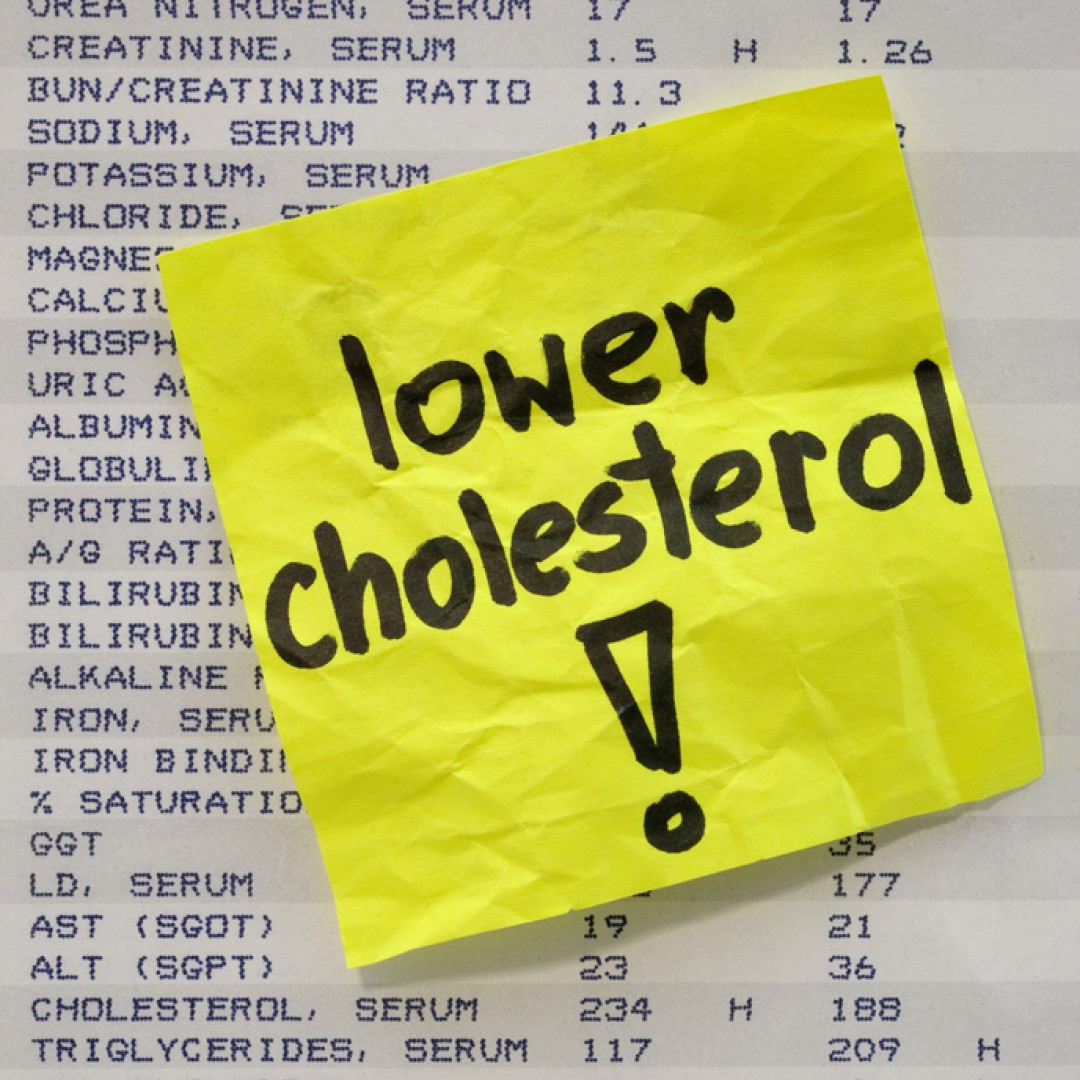
New therapeutic strategy help lower cholesterol levels by 50%
On Jun. 11, 2025, a study led by by University of Barcelona experts Carles J. Ciudad and Verònica Noé, from Cancer therapy group and researchers from the University of Oregon presents a new therapeutic tool capable of regulating blood cholesterol levels and thus opening up new perspectives in the fight against atherosclerosis caused by the accumulation of lipid plaques in the artery walls.
Specifically, the team has designed a strategy to inhibit the expression of PCSK9, a protein that plays a decisive role in modulating plasma levels of low-density lipoprotein cholesterol (LDL-C). The new method, based on the use of molecules known as polypurine hairpins (PPRH), facilitates the uptake of cholesterol by cells and prevents it from accumulating in the arteries without causing the side effects of the most common statin-based medication.
This is a new approach, and while studies have shown promising results (like a nearly 50% reduction in cholesterol in early trials), further research and human trials are needed to confirm its long-term safety and effectiveness for the general population. The study has been supported by projects of the Spanish Ministry of Science, Innovation and Universities (MICINN) and the National Institutes of Health (NIH) of the United States.
Tags:
Source: University of Barcelona
Credit:
